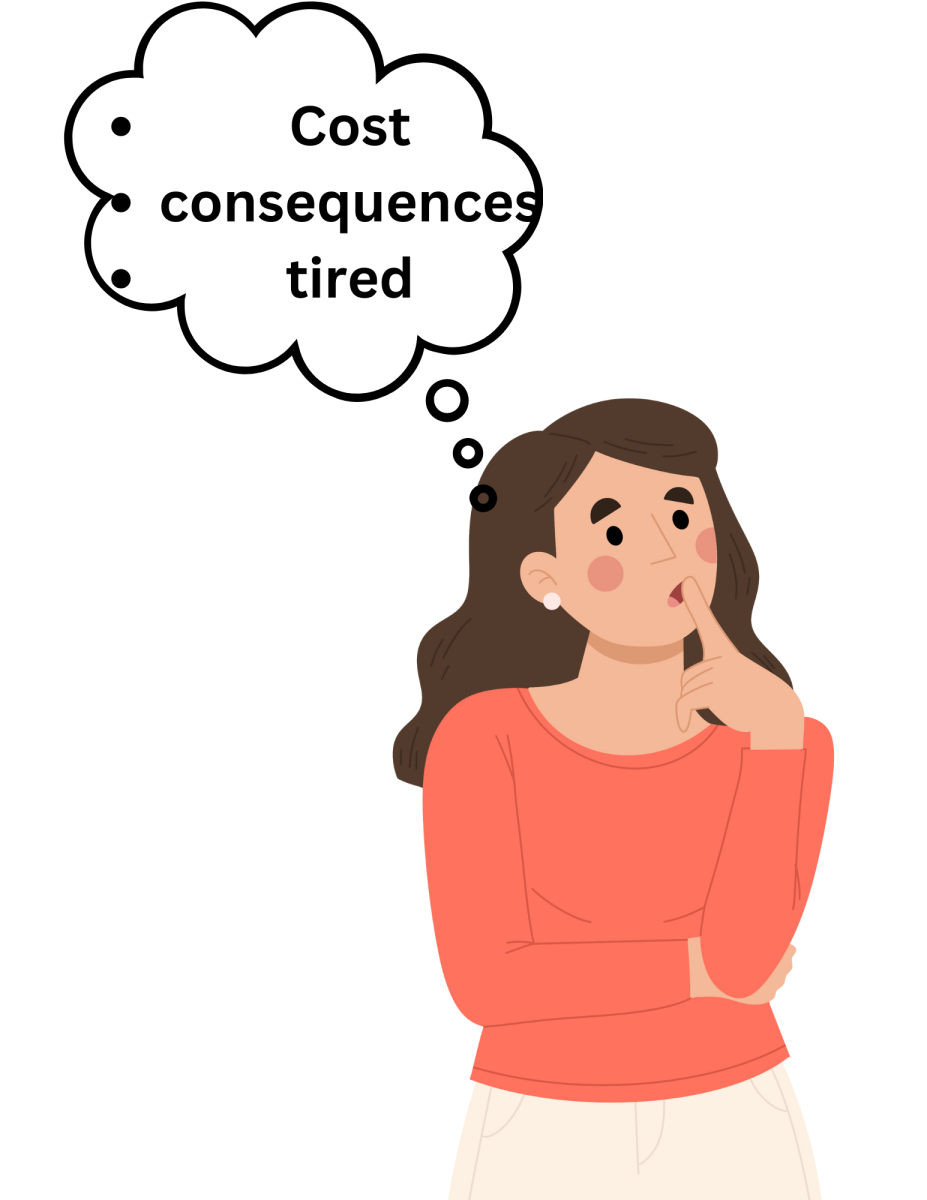Gen Z has been labeled as the “boring generation.” Older generations tend to stereotype Gen Z as lacking intelligence, self-control and ability to have fun, while simultaneously calling them lazy, selfish and unempathetic.
It is believed by many in Gen Z that this stemmed from COVID-19. The pandemic derailed many kids from a normal social environment at a critical age. Being locked up in their rooms allowed kids to be okay with boredom and finding entertainment alone, often through technology.
Connecting with others exclusively through social media allowed Gen Z to develop a different way of communicating with friends. This different style of communication has led to the thinking that the youth are less respectful than their elders because socializing mainly through technology has erased their manners.
But what is stopping Gen Z from going out and socializing?
More than half of Gen Z says their finances keep them up at night, making them avoid the unnecessary expense of going out. The majority of Gen Z also feels that, “there are hardly any ‘third spaces’ anymore, free places to just exist together without expectations of spending money.”
Senior Shreya Vijay shared her personal experience.“There is a connection between Gen Z’s socialization and money. There are not a lot of places to hangout without spending money. Most people are more financially independent now and they watch how much they are trying to spend because things are more expensive,” Vijay said.
Another area of discussion is how limited kids are in being able to experience and try new things without fearing the possibility of consequences. The common term ‘helicopter parenting,’ for parents who are overattentive and fearful of a child’s experiences and problems, which is much more common today. Parents wanting complete control over their kids’ lives has led to very little freedom for the youth to learn about the world through risks and mistakes.
Senior Lexi Zaehringer explained her thinking. “Parents are becoming more strict over their kids’ lives and this leads to them not taking risks and being more introverted,” she said.
Another common stereotype about younger generations of Americans is that they are lazier than previous generations. Yet recent generations of American children have jam-packed schedules with less free time than earlier generations. As a result of busy schedules and more structured activities, kids choose to spend more of their free time resting.
What many adolescents experience through such stressful schedules is burnout. Having rigorous school work plus being involved in many out of school activities is pushed onto kids creating emotional exhaustion. Younger generations have been reporting higher stress, compared to older generations, since the beginning of the American Psychological Association’s annual national surveys in 2007.
In this day and age, many young people feel out of place in public places. Going out with friends and third spaces have become increasingly inaccessible. Therefore, many adolescents feel more comfortable staying home or hanging out in controlled environments.
Senior Mary Paige Withers partly agrees with this idea, “The lack of going out is related to Gen Z’s connection to technology and social media,” she said.
The common misconceptions about Gen Z need to be disproven. As society changes so do the standards many base their judgment on. Adolescents will move at their own pace and until things change to make public spaces safer, things won’t change. Things that can help to cushion burnout can be exercise, relaxing in nature, participating in the arts and socializing.















